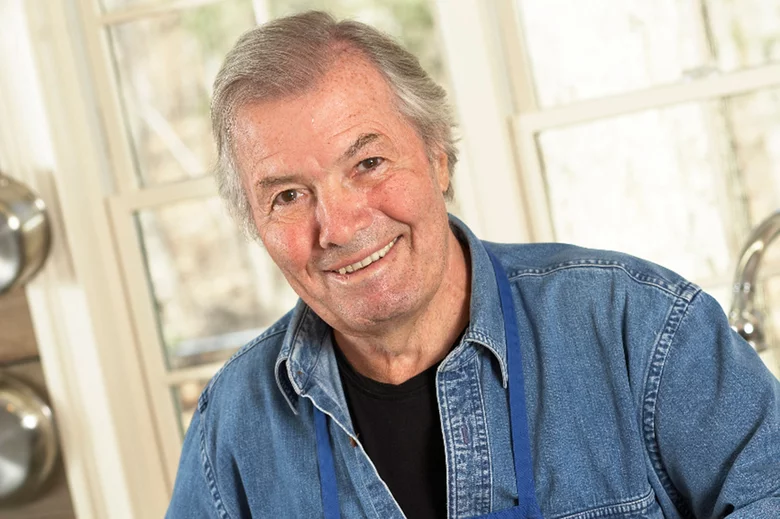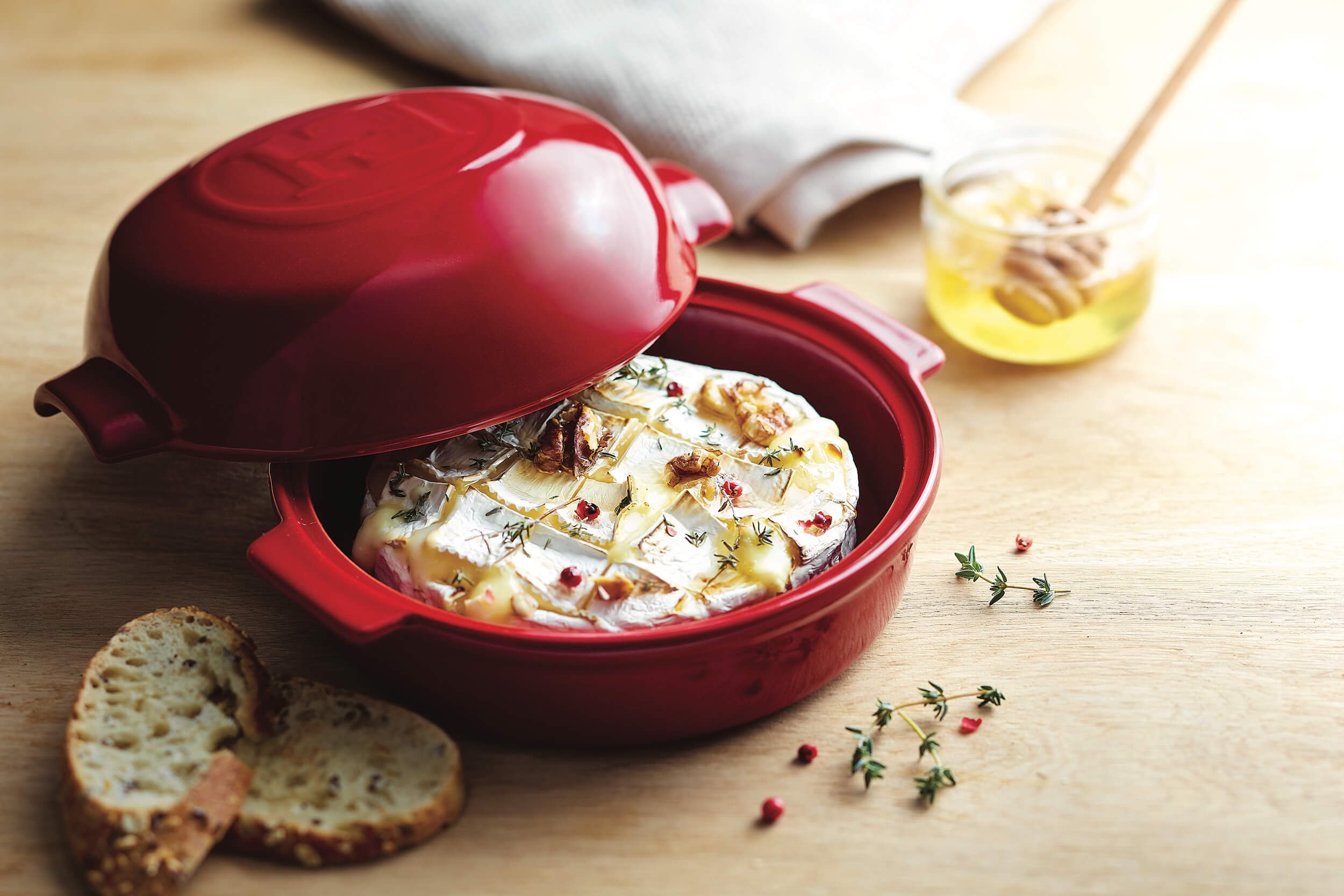Historian Simon Schama once stated, “Claudia Roden is no more a simple cookbook writer than Marcel Proust was a biscuit baker. She is, rather, memorialist, historian, ethnographer, anthropologist, essayist, poet.” It is for all these reasons, that I am such an admirer of Claudia Roden.
By her own admission she has sometimes led a very charmed life, traveling, eating and learning about food and culture. Presenting food in a cultural context is what sets her cookbooks apart and has won her such respect and acclaim. Roden resides in London, but was recently in the US for the James Beard Awards, where her landmark book, The Book of Middle Eastern Food was inducted into the Cookbook Hall of Fame. Today read part 1 of my interview with her, and tomorrow come back for part 2.
Which cookbook of yours is your favorite and why?
The first one, The Book of Middle Eastern Food, is very important to me because it was a labor of love, well, all of them are labors of love, but that one meant a lot to me because I was researching an area I thought I would never go back to ever again. It was a part of a world that was so important to my family. I researched a lot of it from talking to people, a lot of the recipes had never been in print before.
There were so many people from different cultures living in Egypt where I grew up; my family was from Syria and Turkey, married into families from Morocco. When I was researching baklava, everyone said "it's ours" so I realized it was important to research and really learn about these recipes, many of which had never been written in a cookbook before. It was very important in that way, but every book is important too.
The Jewish book (The Book of Jewish Food) was emotional too, food is always emotional for me, always important. Even with the Italian book (The Good Food of Italy) I wanted to visit every region, I was traveling for the Sunday Times (UK) and expanded my work for the book. It was a joy.
I love the stories, poems and jokes that you share in The Book of Middle Eastern Food, whose idea was it to include those and how did you collect them?
It was my idea, the reason was when I was researching the book, when I was just collecting middle eastern recipes, and I would tell people what I was doing and they were horrified! Cooking was considered a low thing in England at the time and recipes even lower. The idea that it was the Middle East was very off-putting--they thought it would be all recipes for testicles and eyeballs. I needed to bring in the culture and what it meant to me so it would be important. Why would anyone eat brown beans unless they understand that they've been eaten for a very long time, that peasants who doesn't eat eat meat eat them, etc. I wanted to endear the readers to the food through the culture.
I went to the British Library and met with the Middle East curator and asked for resources. Everything was from the 13th century--Damascus, Bagdhad, culinary manuals, they were in Arabic, but they had been translated. I became fascinated with the recipes of the past that we were cooking with dishes that were cooking as well. I wasn't particularly interested in Jewish food at the time, I thought we thought we were eating like everyone else and in a way we were. My fascination began with finding those books and finding studies and analysis based on society from food.
I've always marveled that as a Jewish woman, you were able to gain access to so many Middle Eastern cultures. Were most of the recipes gathered in "exile"?
Everyone I talked to was in exile at the time and that's how I found people--Lebanese in Paris, the Iraqis in London. I went to the Persian embassy not to ask for a visa, but if I could meet the diplomats wives.
I've been in Lebanon for the last book I went to meet with people at Hezbollah. I was the most popular person, everyone wanted to talk to me about food! Everyone knew I was Jewish but they were fascinated. Jews were part of that world (the Middle East) for centuries. We improved their lives, their economy and their culture. We share the same humor. I find that all the young journalists want Jewish recipes. In a way I find that there is nothing better than food to bond and open doors. I find the Christian communities can be difficult with the Jews because they have been in competition as minorities with us, though not in Lebanon. There is the old blood libel. There was an animosity. But now they are the ones who are suffering.
I go to the Middle East to give lectures. I go to Turkey a lot--I am friends with Sufis and they come with me to the synagogue. One day a religious woman who I am closest to asked me, was it the Jews who bombed the twin towers? All I could do was laugh. There is a lot of anti-Jewish propaganda but they don't deeply believe it. When they see you as a person, they are fascinated. I went to a literary festival in Dubai there were Israelis attending and everyone wanted to talk to them. In Spain there was a "Taste of Peace" event with chefs from the Middle East.There is need to connect through food. I am never worried when I go to the Middle East. Food is a bond. I have been trying to do a chefs for peace event in the West Bank. The Israelis are keen to do it but the Palestinians say the time is not right.
What do you think will get people back in the kitchen cooking again?
We have the same problem with people not cooking in England as you do in the US. It does seem because people have less money they are coming around to seeing that it is cheaper to cook at home than to eat out. There is a new trend of people growing there own vegetables. TV chefs have helped to popularize this. A lot of people are buying CSA boxes. I think this might get people started again. Jamie Oliver has a new series on 20 minute cooking. I admire him very much. He has done fantastic good. Cooking in 20 minutes might get people back in the kitchen. In my recipes I have some that take a long time but they are just on the stove for a long time, unattended.
Habits have changed. I want to make things lighter and healthier. I want to write the way people cook now. Some dishes I tried that took a long time, that's ok, but it has to be really fantastic. One night 3 of my granddaughters stayed the night and I made a Catalan cannelloni with stuffing that had liver and brains and lots of steps. I told them my rules, it must be really, really delicious to be worth taking a long time and lots of work to prepare, and they were very keen on cannelloni but they told me, the dish is not worth the effort.
With the pressure to cook in less time, do you recommend using a pressure cooker?
In Morocco and Spain it is very commonly used but I'm convinced dishes cooked in the pressure cooker don't have the same flavor. When using it you must finish dishes with the top off and let sauces reduce. Cooking starts with oil which carries the scents and flavors. When I was in Morocco a young man complained to me that he used to walk the streets and could tell what everyone was cooking and now he can't smell anything. Pressure cookers encourage overcooking and pureeing.
| READ MORE Check out the concluding post, part 2 of my interview with Claudia Roden |





